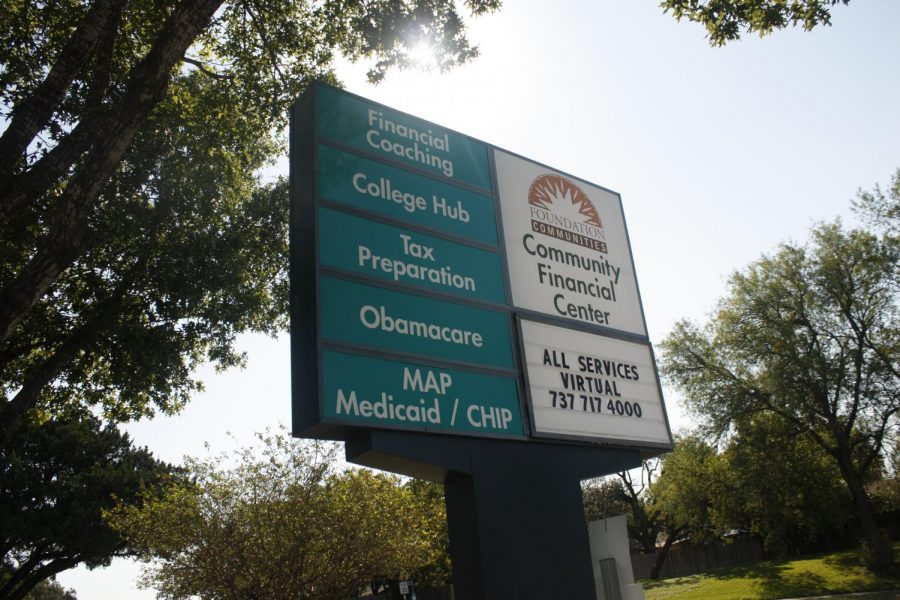California v. Texas: Gov. Abbott opposes Affordable Care Act, case makes its way to Supreme Court
In 2017, Texas lawmakers led a lawsuit against the Affordable Care Act (ACA), colloquially known as Obamacare, deeming it unconstitutional. In 2018, California v. Texas made it through the 5th U.S Circuit Court of Appeals, and on Nov. 10 of this year, the case will be deliberated overby the U.S. Supreme Court. With the recent passing of liberal justice Ruth Bader Ginsburg, the lawsuit has increased its odds to fare better amongst a more conservative Supreme Court.
This is not the first time that the ACA has been considered by the Supreme Court. In 2012, the court’s decision on National Federation of Independent Business v. Sebelius concluded that the ACA’s expansion of Medicare and Medicaid and the mandate was constitutional under Congress’ Taxing and Spending Clause. Many Republicans were against the provisions in the ACA that enacted a penalty for those who are uninsured. They deem both the ACA and the individual mandate as unconstitutional as it penalized citizens and forced them to pay a fine to the IRS.
However, the Trump administration enacted the Tax Cuts and Jobs Act of 2017, which eliminated the individual mandate. Consequently, without the mandate the ACA no longer fell under the Congress’ Taxing and Spending clause. This led Texas and 19 other states to file the lawsuit as the ACA could now be deemed unconstitutional and completely eliminated.
Gov. Greg Abbott has been an avid opponent of Obamacare since its implementation and has stated if the lawsuit gets passed then Texas policymakers have a plan to replace it and keep Texans insured. There is no current evidence that there is a plan to replace the ACA, and if no plan exists, millions of Texans will become uninsured. Texas already has the highest number of uninsured people in the nation.
Supporters highlight that the ACA has provided insurance for over 16 million Americans in the first five years it was established. It prevents insurance companies from raising their rates and makes healthcare more affordable for low-income citizens. Obamacare also prevents people with pre-existing conditions from being denied coverage, and it covers a larger amount of screenings and tests.
However, more screenings and tests means that people must pay higher premiums as their insurance covers a much larger range of benefits. Critics have pointed out that taxes have also increased due to the ACA, and many worried that it would cause businesses to cut their employees’ hours as a means of avoiding paying for coverage.
While the ACA has increased the amount of people insured, it does nothing to grant citizens better access to healthcare. Obamacare increased the gap between receiving a mechanism for paying for healthcare without actually receiving it. However, if the Supreme Court were to rule in favor of the lawsuit, many Texans could potentially lose their insurance. The Texas Legislature has yet to announce an official immediate replacement of the ACA. Many citizens have already lost coverage due to the COVID-19 pandemic, and the ambiguity of what will come next has yet to alleviate their anxieties.
More information and updates on the progress of California v. Texas can be found on the Supreme Court of the United States’ website.












